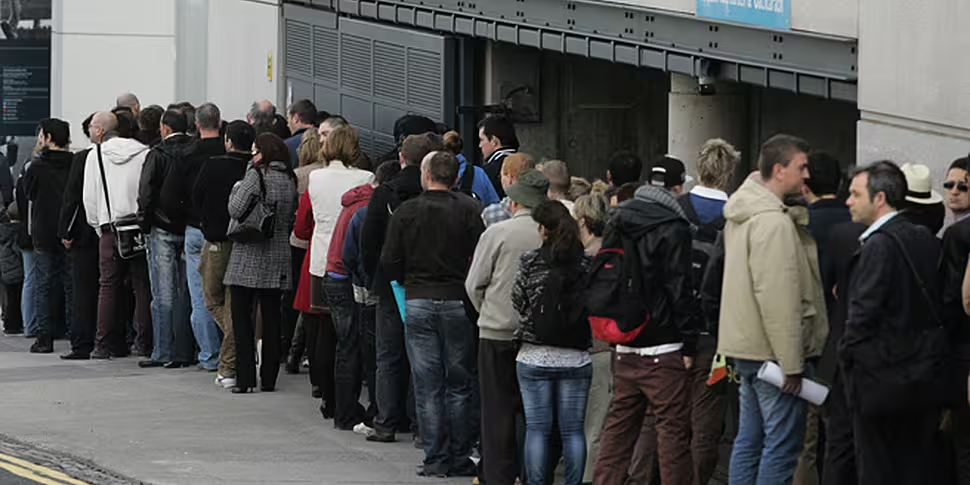There has been an over 2,000% increase in the number of people having their dole cut for turning down offers of work or training over the past five years.
Almost 3,000 people were penalised between the months of January and March this year, compared to just 359 when the new rules came into effect in 2011.
It suggests that more than 12,000 unemployed people could face such welfare cuts in 2017.
The figures have been released to Fianna Fáil's welfare spokesman.
Willie O'Dea told the Irish Independent that the cuts are a "crude implement" which leave the "sword of Damocles" hanging over unemployed people.
He argued that people were being forced to take low-paid jobs where they were worse off. He also stated that people were being forced to join training courses that were unsuitable or that were of very questionable value.

Mr O'Dea said:
"While there must be sanctions, there surely must be some controls to ensure that people are not forced, for the benefit of employers, into low-paid jobs or into education and training courses that are not suitable for them. An unemployment activation scheme is very desirable – but it must not become a sanctions scheme."
Social Protection Minister Leo Varadkar strongly defended the measures in the Dáil before the Easter break.
He said:
"Even at a time of relatively low unemployment, there are still 300,000 people who come on and off the live register in a given year. Of those, perhaps 10,000 might be subjected to reduced payments. It is a very small percentage of people who have their payments reduced."

The minister ascribed the colossal increase in the numbers affected as being partly due to greater one-on-one engagement from welfare services and said there were no plans to expand the numbers beyond 12,000 people.
Regarding safeguards, Mr Varadkar noted that payments were temporarily reduced rather than stopped and that payments for dependents were not involved.









